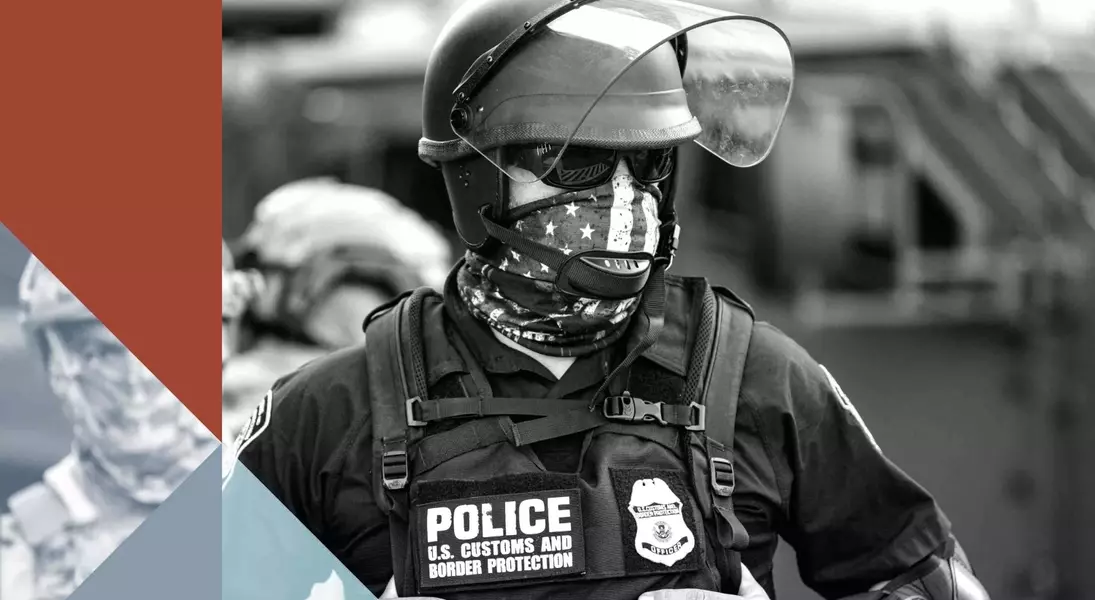
Unveiling the Two Faces of Governance: Promise or Peril?
The Mandate Fulfilled: A Leader's Adherence to Electoral Promises
A political figure's administration often presents a dual narrative, reminiscent of optical illusions where perception shifts based on focus. One perspective views the leader as merely executing the will of the electorate, delivering on promises made during their campaign. This includes, for instance, a strong stance on immigration, advocating for extensive deportation operations and significant increases in border security budgets. Such actions are seen as a direct consequence of a popular vote, reflecting the public's desire for specific, albeit controversial, policy changes. The rationale here is that the people have spoken, and the government is simply responding to that mandate, even if the methods are harsh or unpopular with certain segments of the population.
The Erosion of Freedoms: Authoritarian Undercurrents in Governance
However, the narrative quickly shifts, revealing a more unsettling image. This alternative view highlights the gradual erosion of fundamental rights and democratic norms. It points to the construction of detention facilities that restrict legal access, the deployment of unidentified agents in public spaces, and the presence of armed military personnel in civilian areas, including major cities and the nation's capital. These actions, while potentially justified by concerns over public order or national security, raise serious questions about due process and civil liberties. The deployment of armed forces against protesters and the potential for escalation underscore a move towards a more militarized state, where the lines between law enforcement and military intervention become increasingly blurred, hinting at an authoritarian trajectory.
